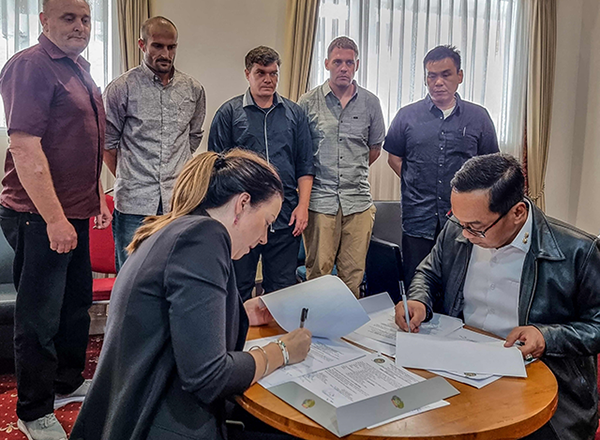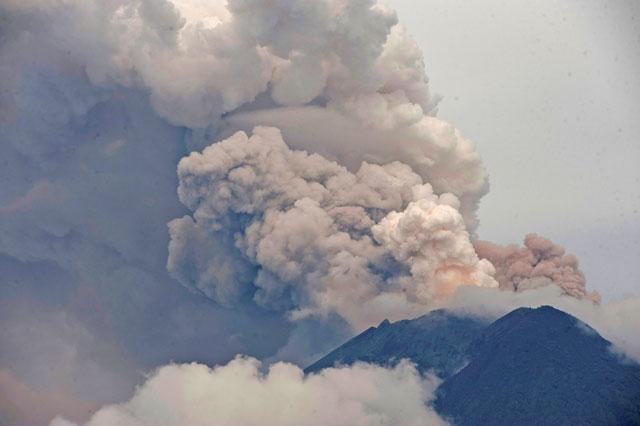You are here
Bali reopens to international flights but no tourists in sight
By AFP - Oct 14,2021 - Last updated at Oct 14,2021
BALI, Indonésie — Bali reopened to international flights from select countries on Thursday, including China, Japan and France, as the pandemic-struck Indonesian holiday island took a step toward welcoming back tourists.
But authorities in Bali, which lost its primary source of income as tourism dried up, said there were no international flights expected on Thursday.
Foreign visitors must be vaccinated, quarantine in a hotel for five days and follow strict visa requirements under new entry rules for travellers.
"We're ready and waiting for international flights," said airport spokesman Taufan Yudhistira.
"But so far there's nothing scheduled today."
Bali's Ngurah Rai International Airport was open to travellers from 19 countries including South Korea, China, Japan, France, the United Arab Emirates, Dubai and New Zealand, authorities said.
The partial reopening, however, does not include Australians -- a key source of the millions of tourists who flocked to the palm-fringed island before the pandemic.
Indonesia was previously devastated by the highly contagious Delta variant of the virus -- recording more than 56,000 new Covid cases in just one day in mid-July.
The government announced emergency restrictions in the hardest-hit areas, shutting down non-essential businesses and limiting people's movement.
But case numbers are now falling nationwide as the government ramps up vaccinations across the Southeast Asian archipelago of 270 million people.
Authorities have begun a steady easing of restrictions as the country sees a decrease in daily confirmed Covid cases and deaths.
Related Articles
SYDNEY —The five remaining members of the Australian "Bali Nine" drug ring flew home on Sunday after 19 years in jail in Indonesia, ending a
DENPASAR, Indonesia — The airport on the Indonesian holiday island of Bali reopened on Wednesday as wind blew away ash spewed out by a volca
BALI, INDONESIE — Rising protectionism, vulnerable emerging markets and record debt levels —- the International Monetary Fund (IMF) holds it


















